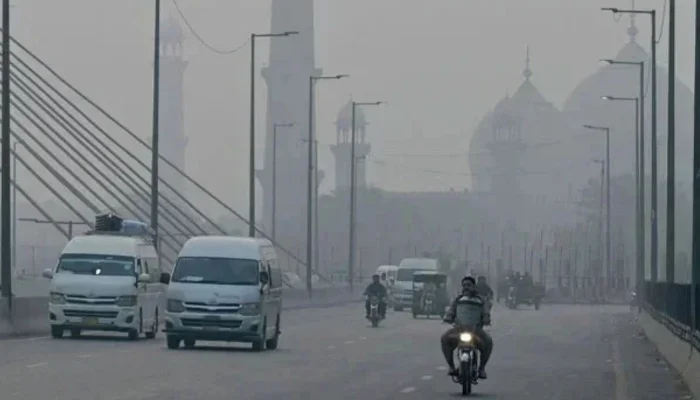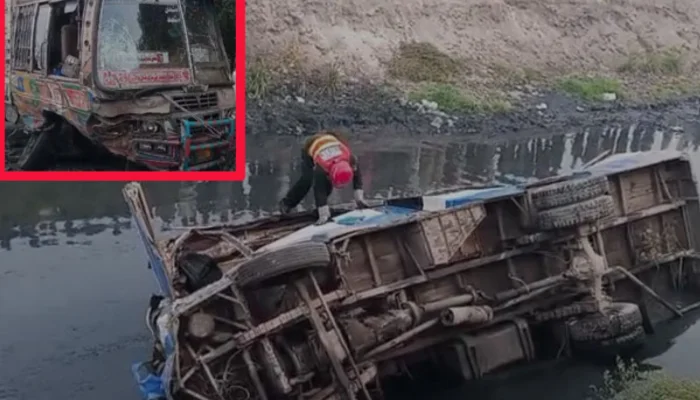The launching of two mega commercial projects in Rawalpindi and Islamabad without prior permission of the concerned authorities has compelled the top graft buster – the National Accountability Bureau (NAB) – to initiate an inquiry against owners of a construction group.
Documents show that the Al-Bari Group of Companies opened its booking offices for the two mega projects – Aquatic Mall and Space Mall – without obtaining no-objection certificates (NOCs) from the Rawalpindi Development Authority (RDA) and the Capital Development Authority (CDA).
Both the RDA and the CDA took initial action against the group for starting construction of the malls and for illegally opening their booking offices.
However, eventually the regulators decided to give relaxation to the owners and allowed them to go ahead with the projects. Buoyed by this concession, the Al-Bari Group went on to approach around 1,400 investors to collect more than Rs5 billion for the two projects.
The Aquatic Mall is said to be the signature project of the group. The eight-floor mall will be completed by the year end and the investors will get possession of their shops by December 2022. The underground parking area at the mall, however, may take longer to complete.
The second project, Space Mall, however, is still on paper and the developer has shifted its venue thrice. According to its plan, the total area required for the construction of Space Mall is 131 kanal.
As per the rules, it is illegal to advertise any real estate project without the approval of the authorities. However, in a blatant violation of such rules, some of the leading developers continue to advertise their projects in the media; open their booking offices and earn billions of rupees in the name of investment.
It is the responsibility of the building control offices of the RDA and the CDA to seal such booking offices but unfortunately the developers somehow manage the officials of concerned authorities.
In real estate frauds, such developers also hire property dealers who satisfy the investors and motivate them to buy and invest in illegal projects, causing distress and huge loss of money to citizens.
However, NAB has now started an inquiry against Asim Raza, the chairman of the Al-Bari Group of Companies and has also published an alert in national newspapers stating that the Al-Bari Group of Companies is looting money from investors in the name of illegal projects.
NAB has started collecting applications from people who have invested in Aquatic Mall and Space Mall.
When Bol News contacted CDA Director Housing Faraz he said the building plans of the projects were not approved. “The building control directorate has sealed the booking offices for the two projects.” Bol News made multiple attempts to get the version of Asim Raza but he did not respond.
According to documents, NAB has sought records of all the projects of the Al-Bari Group of Companies from the RDA and the CDA.
On March 19, 2020, the CDA wrote a letter to the owner of Aquatic Mall, stating that the builder was constructing the mall without approval of the building plan. It directed him to stop the illegal construction immediately.
The CDA also wrote a letter to Sehala Police Station, Islamabad, asking it to register an FIR against the owner of Aquatic Mall who broke the seal and started illegal construction work again.
Despite clear instruction from the higher authorities, the CDA building control department did not take any action against the illegal booking offices of the Al-Bari group of companies which allowed the developer to earn a huge amount.
Curse of illegal construction
Due to quick and unplanned urbanization, the bigger cities of the country are under stress with high-rises and housing societies emerging often on pieces of land which were earlier earmarked as residential plots or agricultural land.
The country’s economic hub – Karachi – is among the cities which are expanding at a phenomenal rate, offering an opportunity to the construction mafia to mint money through shady and illegal schemes.
Recently, the Supreme Court ordered authorities in Karachi to demolish Nasla Tower, a commercial cum residential high-rise built at the junction of the city’s Sharea Fasial and Sharah-e-Quaideen.
The court ruled that in addition to occupying 780 square yards of legally leased land, the project owner had encroached on about 344 square yards of land meant for a service road.
The SC during recent hearings at its Karachi registry made it abundantly clear that no commercial or residential construction would be allowed on the amenity plots and those already constructed would be demolished.
Karachi lawlessness case
When Karachi’s former mayor Naimatullah Khan filed a petition in 2010 directly in the top court for removal of encroachments, he perhaps did not know that even a decade after his death, the SC would continue passing orders on his petition for removal of illegal structures from every corner of the city.
Popularly known as “Karachi lawlessness case”, the first major order on his petition was passed in September 2012, when the apex court put a blanket bar on lease of state lands in the province.
The bar is still in force except for the lease of land for national projects.
Six years after placing the ban on lease of state land, the top court issued another landmark order in October 2018, directing removal of illegally constructed shops from footpaths and other public spaces.
During the drive which continued for a week, the authorities removed thousands of shops established on public space, especially in Karachi’s districts east, south and west.
The biggest operation was conducted along the city’s Hawks Bay Road where shops on a several kilometer long stretch of the road were removed.
Around the same time, an SC bench hearing a miscellaneous application in Naimatullah’s petition, ordered removal of shops established around the historic Empress Market in Saddar area of the city.
A whole makeshift market that housed bird shops was wiped out while hundreds of shops selling groceries, second hand clothes, shoes, kitchen utensils, and fast food were removed from every side of the Victorian era market.
Authorities later established a green space at the encroached area which was also secured with iron fences. The shops established in and around Jahangir Park in Saddar were also removed and the park was rebuilt with several modern facilities.
A third phase of removal of encroachments on public spaces and state lands started when former Chief Justice of Pakistan Gulzar Ahmed took oath of office. Hardly six months had passed since Justice Gulzar took office as chief justice of Pakistan when monsoon rains devastated Karachi in 2020.
The PPP led Sindh government laid blame of the catastrophe on the encroachments along major storm drains, which, according to the government, were choked at several points due to illegal structures.
The SC took notice of the situation and ordered immediate removal of the encroachments, mostly houses built along the beds of the drains that reduced their width. The waste produced by such houses was also dumped in the drains while sewerage lines of such houses poured sewage down the drains.
While the federal government took the responsibility of cleaning the drains, the court ordered the provincial government to remove all settlements from the drains and to rehabilitate the people affected by such anti-encroachment drives to some other places.
During this phase, the Supreme Court also issued orders against commercial use of park land. The court ordered removal of shops set up at the city’s famous Aladin Park.
The company that was given a contract to run an amusement park at the place had built shops there and sublet them. A privately-run club on the government land was also removed under the court’s order.
















